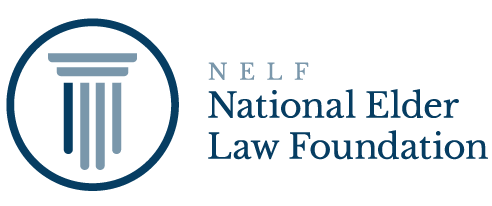Assisted and Independent Living Facility Planning
What Is Assisted and Independent Living Facility Planning
Whether you are planning for your own elder years or helping your parents and older relatives anticipate the changes that are approaching in the not-too-distant future, you want to ensure the living arrangements you choose meet your needs and offer the most comfort in an enjoyable environment.
With quality long term elder care communities costing $10,000 or more per month, seniors and their families face financial demands that can force them to accept unwelcome compromises. Working with an experienced elder law attorney in advance of these decisions can widen your range of available options, preserve family assets, and improve eligibility for Medicaid subsidies.
What’s Included in Assisted and Independent Living Facilities Planning?
Every individual and family presents a unique combination of goals and issues that an elder law attorney can help them solve. To provide each client with the customized plan fitting their financial, health, and social needs, a good elder law practitioner will use a variety of tools.
Important decisions need to be made when establishing the right plan to transition into an assisted living or independent living facility. Answering some of these questions can outline the scope of what is needed:
- What level of personal assistance or nursing care is needed?
- Will there be one resident or a couple living together?
- Does the resident expect to return home in the future?
- Is there a plan to be cared for by family before transitioning into residential nursing care?
- What property and assets does the person need to protect?
- How much income does the person receive and from what source?
- Can the person preserve their assets and qualify for Medicaid?
- Are there trusted family members nearby who can be involved in managing decision if necessary?
- Does the person planning to transition have dependents with special needs?
With a clear understanding of your circumstances, the appropriate components of an effective and secure plan can be implemented.

What Your Assisted Living and Independent Living Plan Might Look Like
Durable Powers of Attorney: Empowers a trusted person you designate to manage important matters on your behalf if you become incapacitated.
Health Care Proxies: Authorizes the person(s) you choose to make healthcare decisions if you are unable to.
Wills: Declares enforceable instructions about how, when, and to whom someone’s estate assets will be transferred or distributed.
Guardianship: Legal process in which one person is entrusted as a fiduciary to protect and provide for the welfare of a minor or an adult who is incapacitated or disabled.
Family Trusts: Legal instruments into which property and assets may be transferred to be preserved for a designated purpose, for the beneficiaries, to avoid the probate process, and to be shielded from estate and gift taxes.
Asset Protection: Among the highest priorities of elder law attorneys, protecting a client’s assets involves placing them into a legal status that maximizes their value to the client and the client’s family while shielding them from taxes, creditor claims, and Medicaid consideration.
Probate Avoidance: Property and assets left to transfer through a probate estate are subject to being diminished in value due to taxes, legal expenses, upkeep costs during delays in proceedings, and contests by disappointed heirs. Elder law attorneys create documents permitting the assets to be transferred to whomever the client desires without any probate court involvement.
Special Needs Trusts: When a family member is disabled, providing for their financial needs, their personal care, and enjoyment of life is the highest priority. Special Needs Trusts enable a family and other concerned people to do so while also ensuring they remain eligible to receive the highest level of public benefits.
Elder law is an area of legal practice in which skilled professionals concentrate on helping people prepare for lifestyle changes, social security, retirement issues, answer Medicare and Medicaid questions, and draft documents protecting and preserving financial assets, homes, and other property accumulated over decades.
NELF supports and encourages the advancement of professional excellence in among Elder Law Attorneys in the United States. NELF recognizes those elder law practitioners who achieved the highest level of expertise by providing the only ABA approved Certification of Elder Law Attorneys in the nation.

